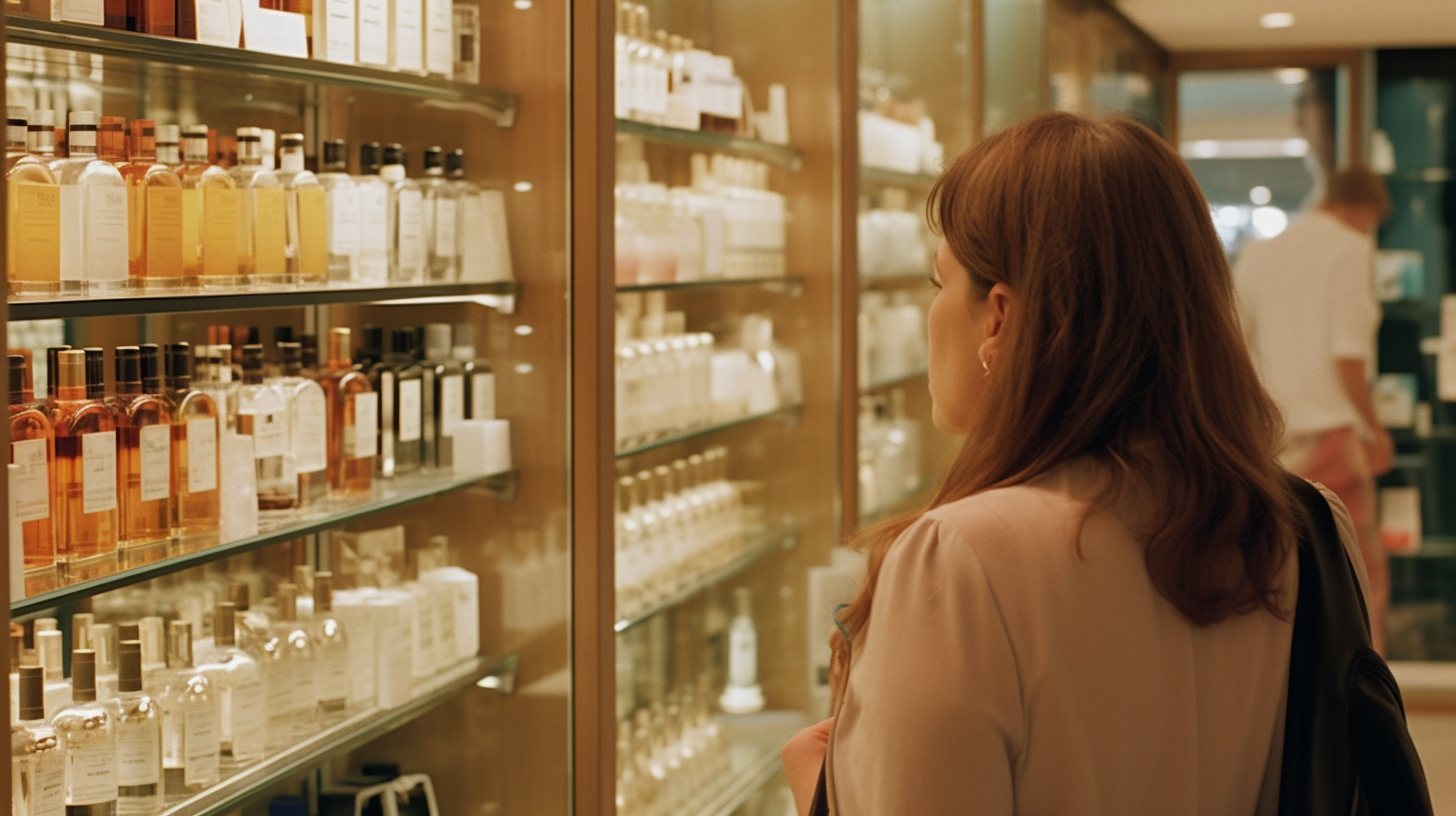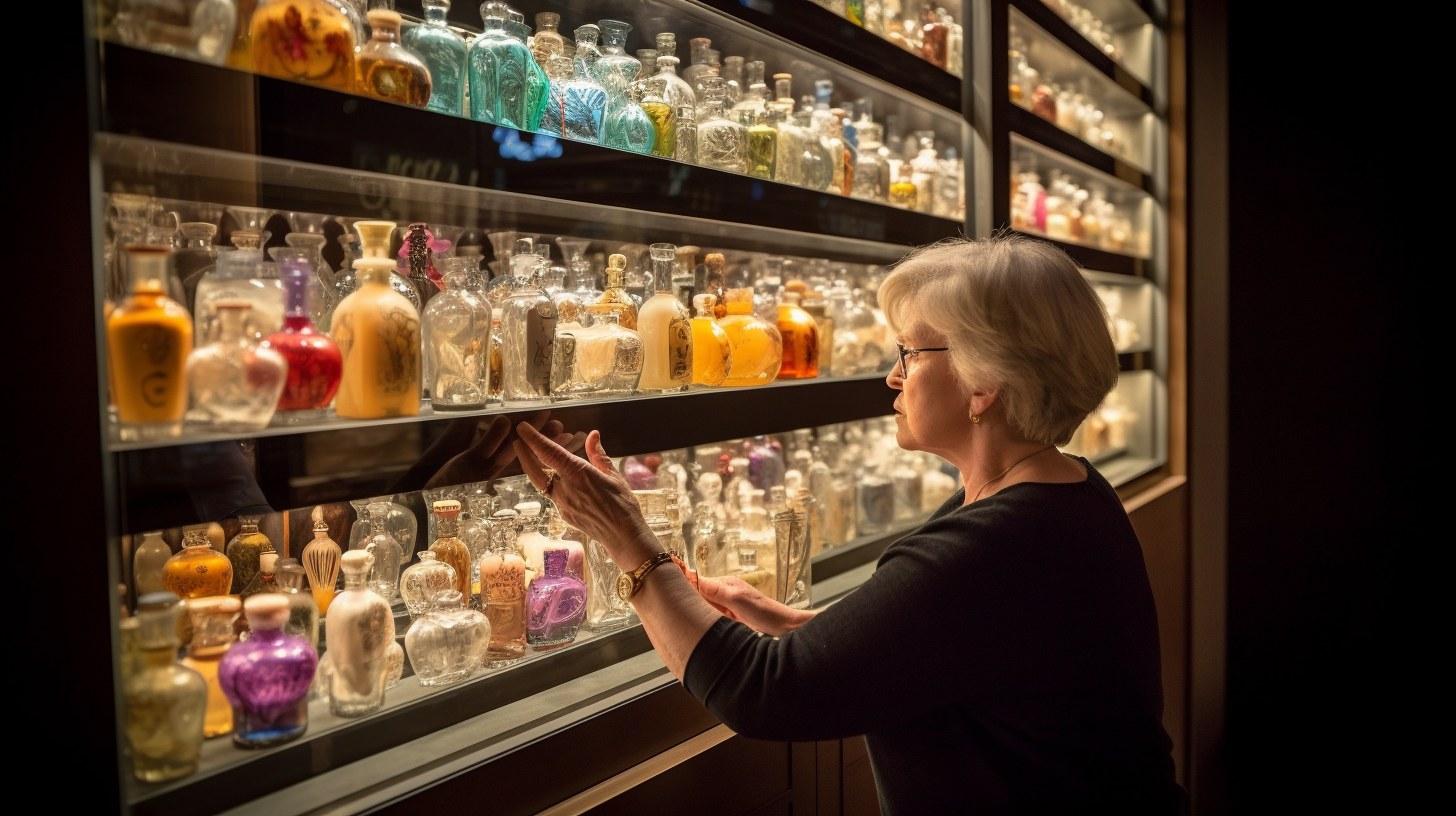The Fascinating Evolution of Perfume: From Ancient Times to Modern Day
Perfume has been an essential part of human life since ancient times. From the Egyptians to the Greeks and the Romans, people have used perfume for various reasons, including religious ceremonies, social events, and personal hygiene. Over time, perfume has evolved from simple fragrances made from natural ingredients to complex scents created using modern technology. In this blog post, we will explore the fascinating evolution of perfume from ancient times to modern-day.
The Origins of Perfume
The history of perfume can be traced back to ancient civilizations such as Egypt, where perfume was used for religious ceremonies and burial rituals. The Egyptians believed that perfumes were a way to communicate with their gods and that they could also ward off evil spirits. They used a variety of natural ingredients such as myrrh, frankincense, and cinnamon to create fragrances.
The Greeks also used perfume for religious purposes and believed that it had medicinal properties. They used fragrances made from herbs, flowers, and spices as perfumes and for medicinal purposes. The Romans also adopted the use of perfume from the Greeks but used it more extensively. They would often bathe in perfumed water and use fragrances on their clothing and hair.
The Middle Ages
In the Middle Ages, perfumes were still primarily used for religious ceremonies but began to be used more widely in Europe. During this time, perfumes were made by combining aromatic oils with alcohol or vinegar. The use of perfume became popular among the wealthy who would use it to mask unpleasant odors in their homes or on their bodies.
During this time, trade routes between Europe and Asia were established, allowing access to new exotic ingredients such as musk and ambergris. These ingredients became highly sought after by perfumers due to their unique scent profiles.
The Renaissance
The Renaissance saw a shift in the use of perfume from primarily religious purposes to personal hygiene. Perfume was used to mask unpleasant body odors, and fragrances became more complex and sophisticated. Perfumers began experimenting with new ingredients such as jasmine, rose, and lavender.
During this time, the first alcohol-based perfume was created by Giovanni Paolo Feminis, an Italian perfumer. He used alcohol as a solvent for the essential oils, which allowed for a longer-lasting fragrance.
The Industrial Revolution
The Industrial Revolution brought about significant changes in the perfume industry. Synthetic ingredients were developed, allowing perfumers to create fragrances that were cheaper and more consistent in quality. This led to the mass production of perfumes, making them more accessible to the general population.
During this time, many famous perfume houses such as Guerlain and Chanel were established, creating iconic fragrances that are still popular today.
Modern Perfumery
Today, perfumes are created using a combination of natural and synthetic ingredients. Modern technology allows perfumers to create fragrances that are long-lasting and have unique scent profiles. The perfume industry is now worth billions of dollars and continues to grow.
Perfume trends have also evolved over time. In the 1980s, strong floral scents were popular, while in the 1990s, fruity scents became more popular. Today, gourmand fragrances that smell like food are trendy.
The Challenges of Perfume Making
Perfume making is a complex process that requires a lot of skill and expertise. The challenge for perfumers is to create a fragrance that is unique and long-lasting while also being commercially viable.
The cost of natural ingredients such as jasmine and rose is also a challenge for perfumers. These ingredients are expensive and can be difficult to source, which can drive up the cost of the final product.
The Benefits of Perfume
Perfume has many benefits, including improving mood, boosting confidence, and enhancing personal hygiene. A good fragrance can make you feel more attractive and confident, which can have a positive impact on your mental health.
Perfume can also be used to create a signature scent that reflects your personality. Finding the right fragrance that suits your style and personality can be a fun and rewarding experience.
Conclusion
The evolution of perfume from ancient times to modern-day is a fascinating journey that has seen significant changes in the use of fragrances. From religious ceremonies to personal hygiene to fashion accessory, perfume has become an essential part of our lives. Perfume making is an art that requires skill and expertise, and modern technology has allowed perfumers to create fragrances with unique scent profiles that are commercially viable. The benefits of perfume are numerous, including improved mood, boosted confidence, and enhanced personal hygiene. With its rich history and exciting future, perfume will continue to captivate us for years to come.




